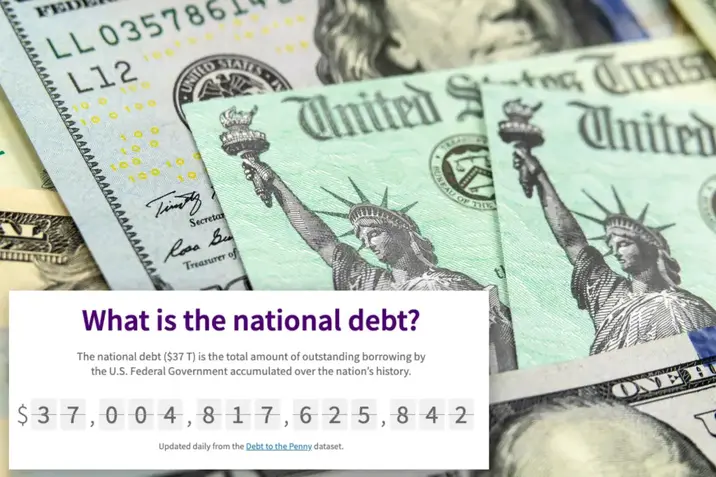T4K3.news
Mortgage rates ease again
The 30 year rate falls to 6.58%, offering cautious relief for buyers amid uneven housing demand.

A daily dip in long term mortgage rates offers limited relief for buyers amid inflation and policy uncertainty.
Mortgage rates fall to 6.58 percent boosting buying power
The average rate on a 30 year fixed mortgage slipped to 6.58% this week, down from 6.63% last week, Freddie Mac said. The 15 year fixed rate also declined to 5.71% from 5.75%. A year ago, the 30 year rate averaged 6.49%. This marks the fourth straight weekly decline and the lowest level since Oct 24. Mortgage rates are influenced by several factors, including Federal Reserve decisions, bond market movements, and inflation expectations. The 10 year Treasury yield was around 4.29% at midday Thursday, up from 4.24% the day before. The reopening of policy discussions around a possible Fed rate cut has added to price movement in recent weeks, even as inflation signals remain mixed.
Key Takeaways
"Homebuyers who have been relegated to the sidelines by high financing costs got some encouragement in the past two weeks"
Economist note on rate relief
"A Fed rate cut could give the job market and overall economy a boost, but it could also fuel inflation"
Policy trade offs discussed in the analysis
"Higher inflation could push bond yields higher, driving mortgage rates upward in turn"
Inflation risk to rates
"Refinancing activity shows homeowners chasing equity as rates ease"
MBA data on refi activity
The small fall in rates gives buyers a narrow window of relief, but it does not solve fundamentals. Prices for existing homes remain high and supply is uneven, keeping affordability fragile. The broader market could hinge on whether inflation cools and the Fed sticks to a cautious path. If inflation accelerates, rates could rebound even with any near term rate cuts, tempering any initial boost to demand. The pull of higher prices and debt service costs will still restrain many households, especially first time buyers.
Highlights
- Tiny relief in rates, big questions about prices
- Affordability stays the real hurdle for most buyers
- Refinancing fever shows homeowners chasing equity
- When rates slip, demand returns but prices may not bend
Political and inflation risk surrounding housing outlook
The piece touches policy and inflation dynamics that can become politically sensitive. Tariff policy mentions and inflation risks may spark debate among voters and market participants.
Rate moves may shift again as inflation data and policy signals evolve
Enjoyed this? Let your friends know!
Related News

Average US mortgage rate decreases to 6.74%

British rents dip in first five years
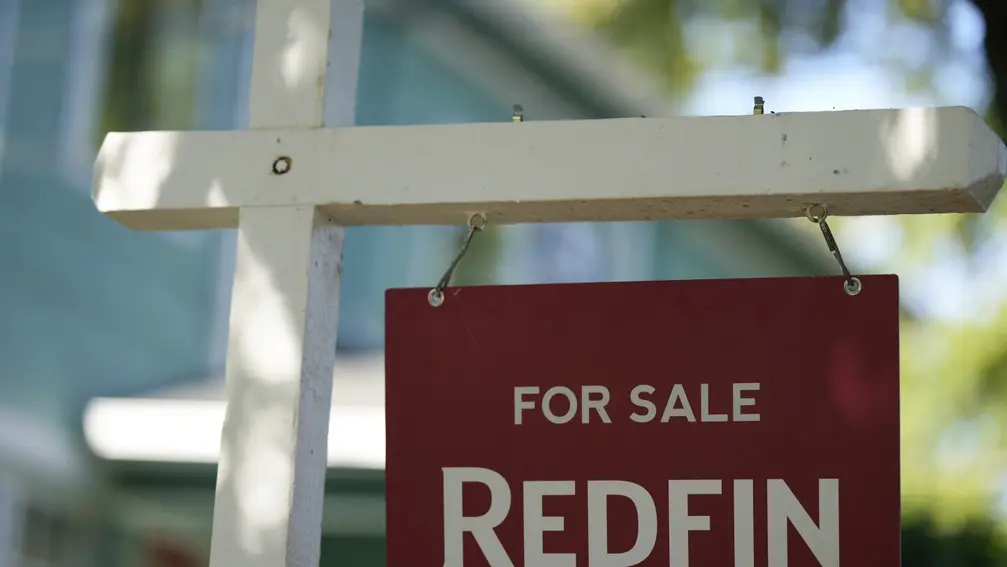
Mortgage rates edge lower
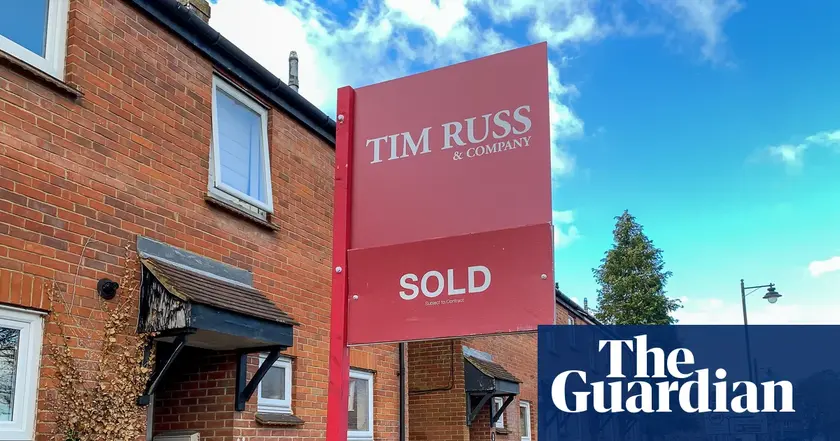
UK house prices see fastest rise in July

Bank of England prepares for significant interest rate cut

Mortgage rates at new low
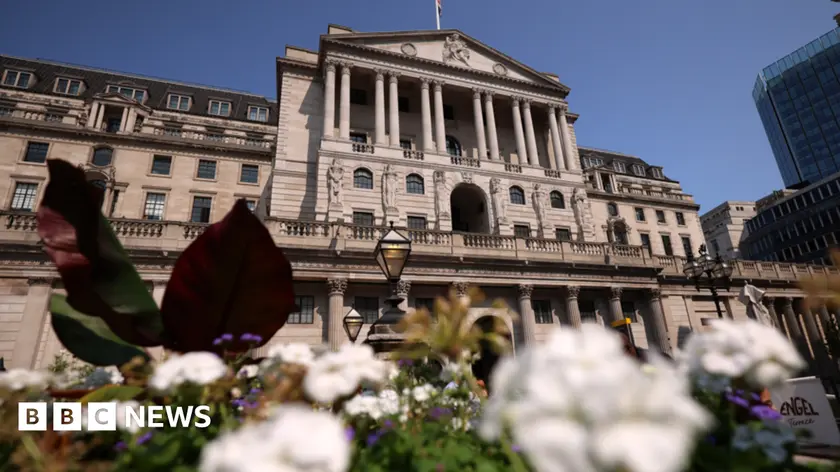
Bank of England to cut interest rates to 4%
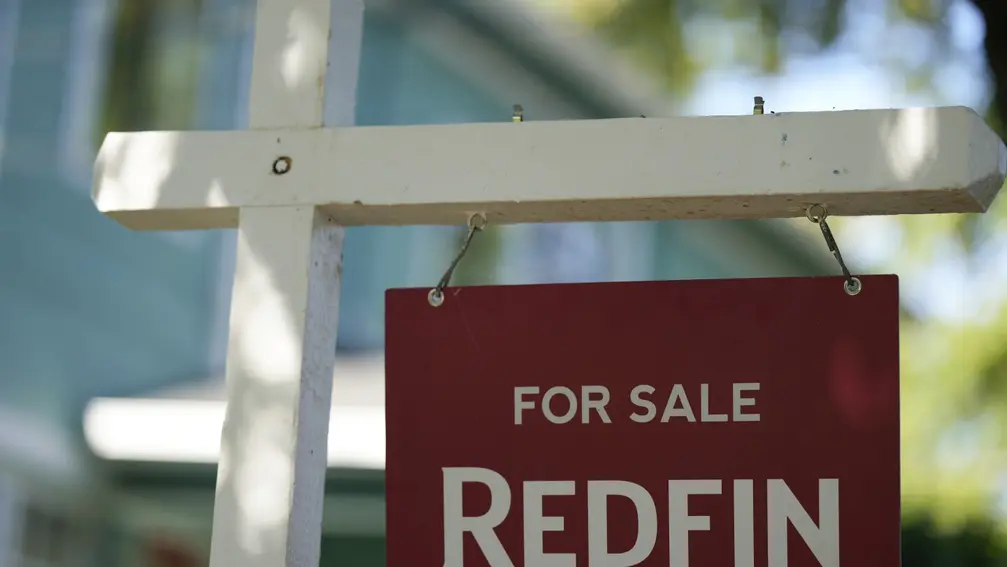
Average mortgage rates drop to 6.63%
